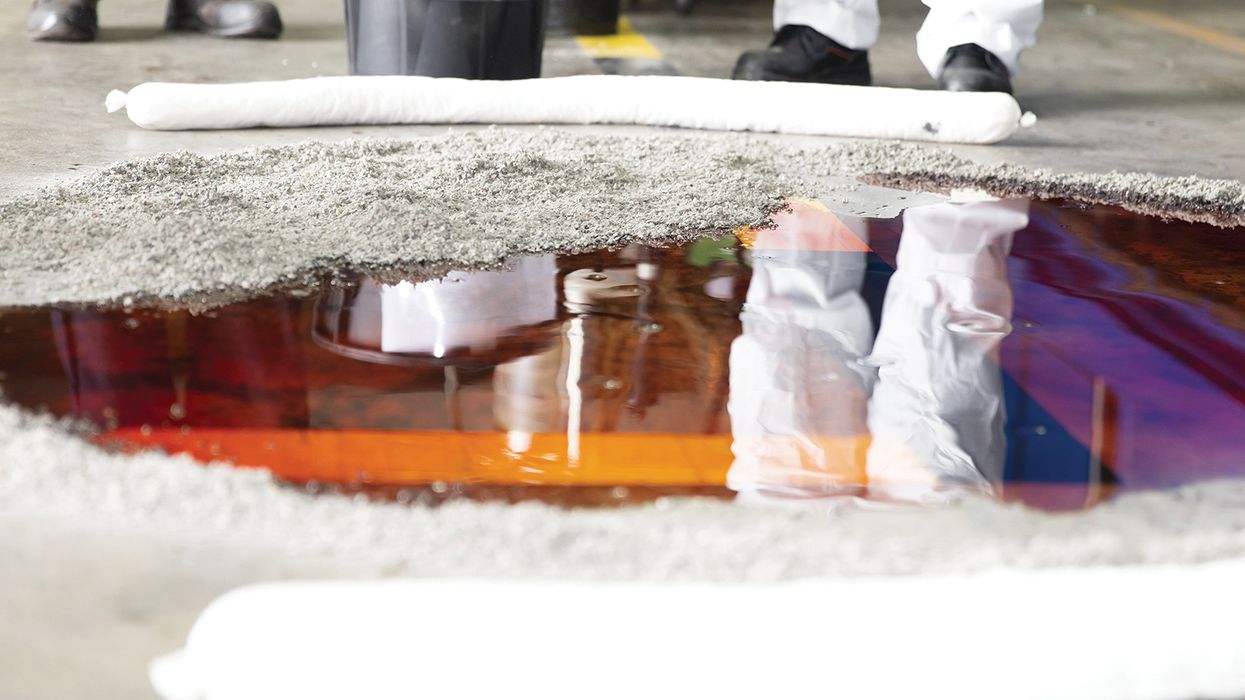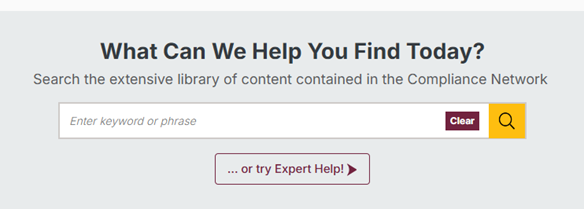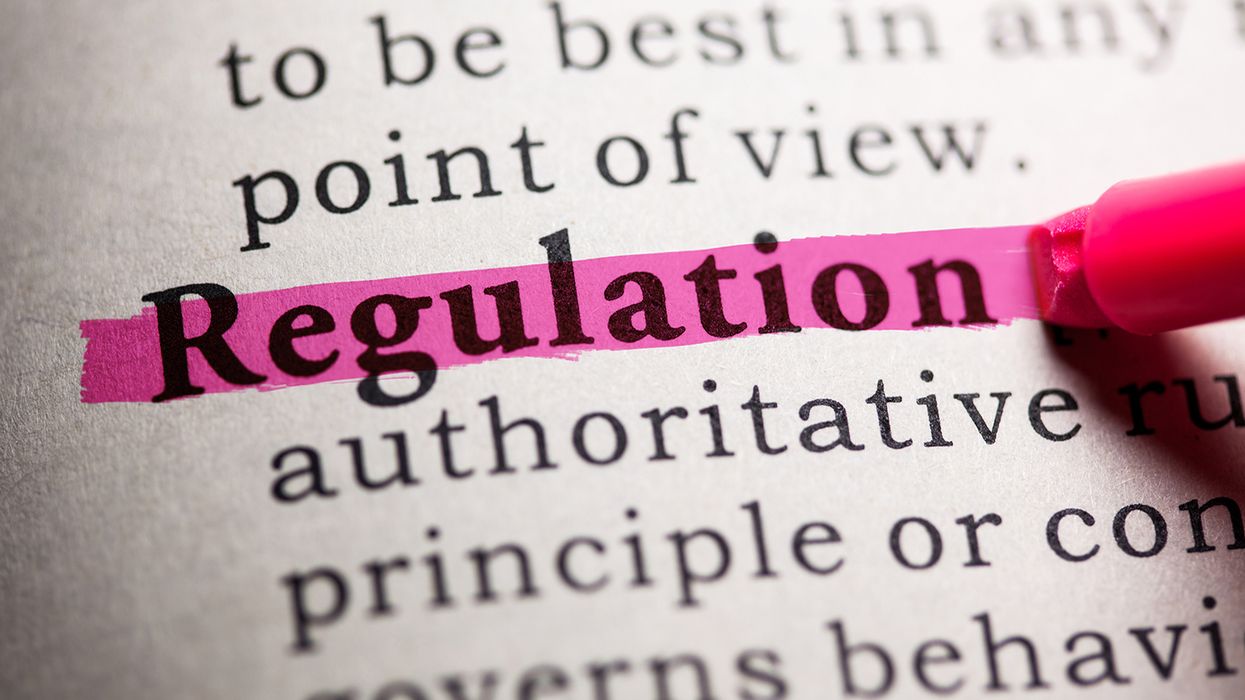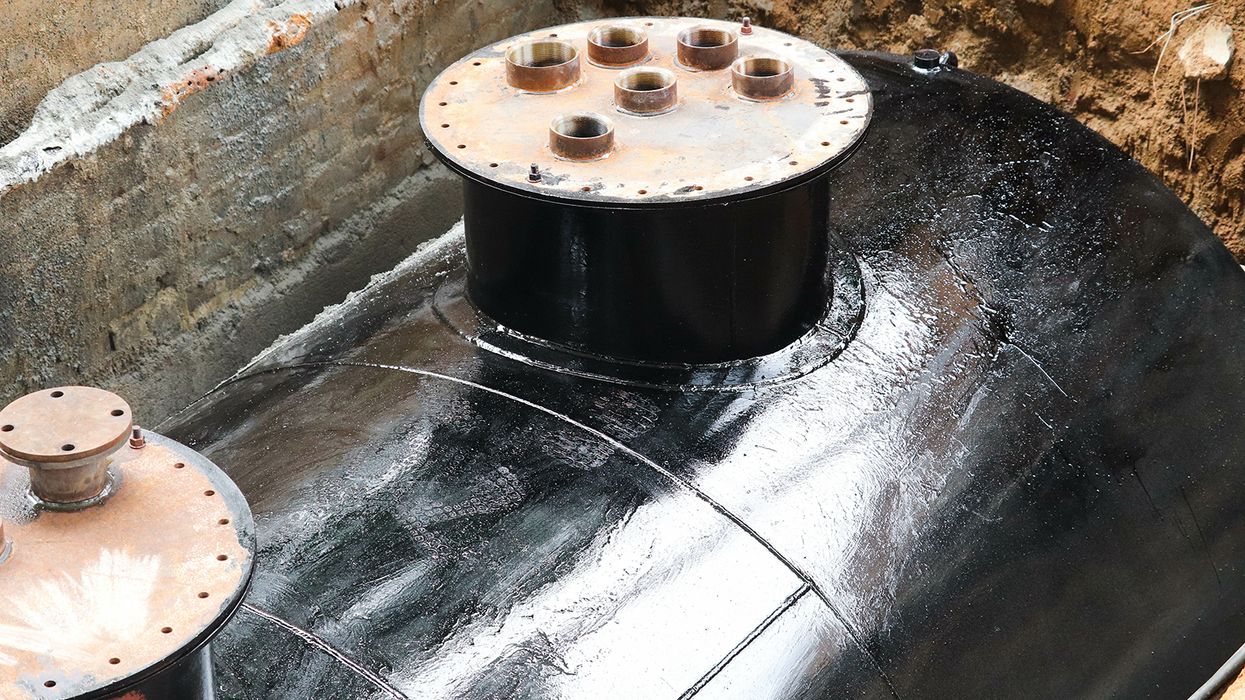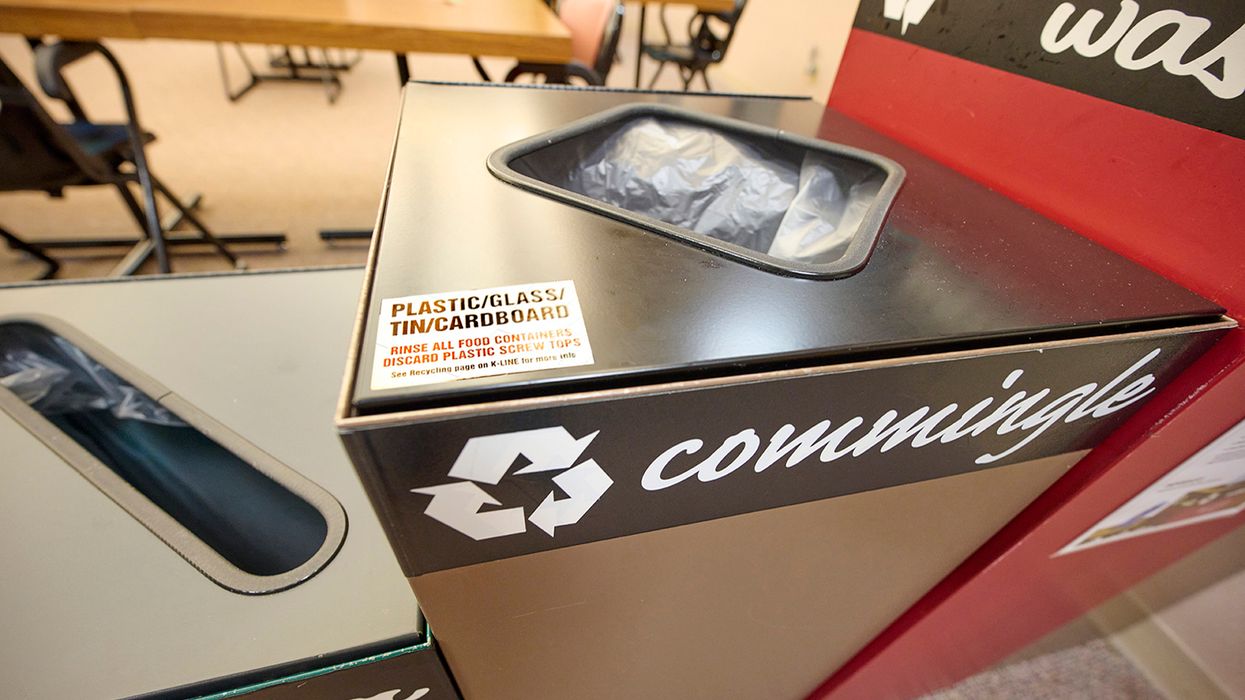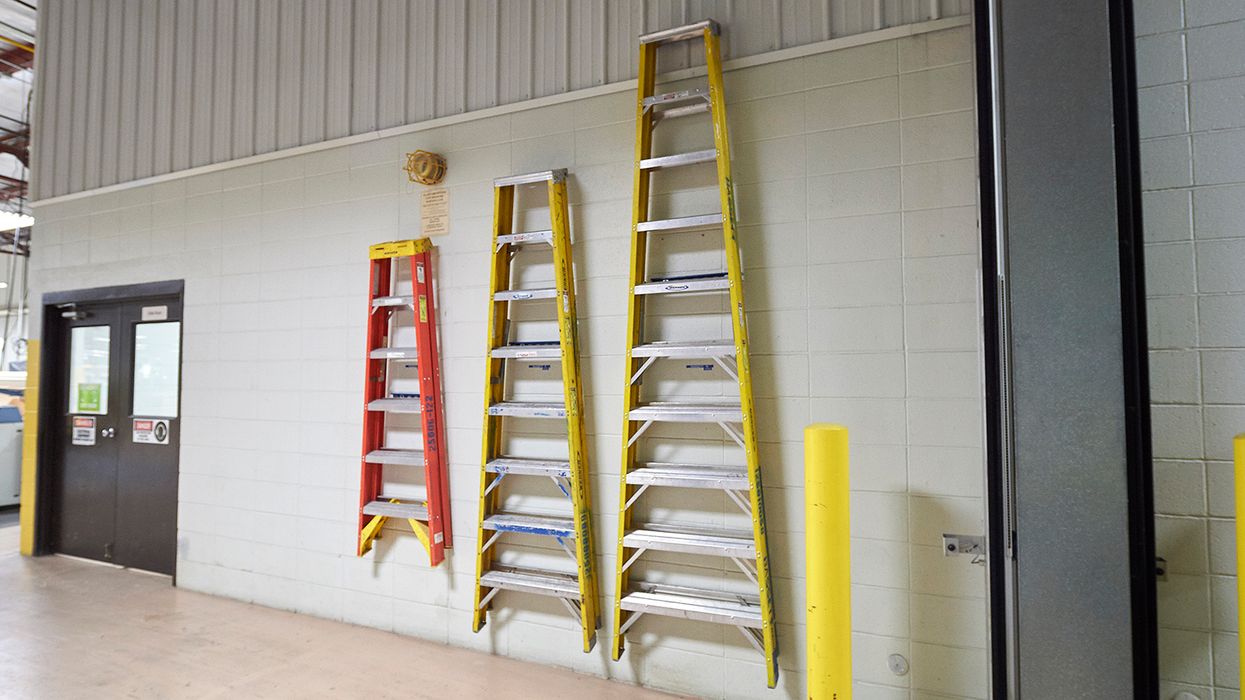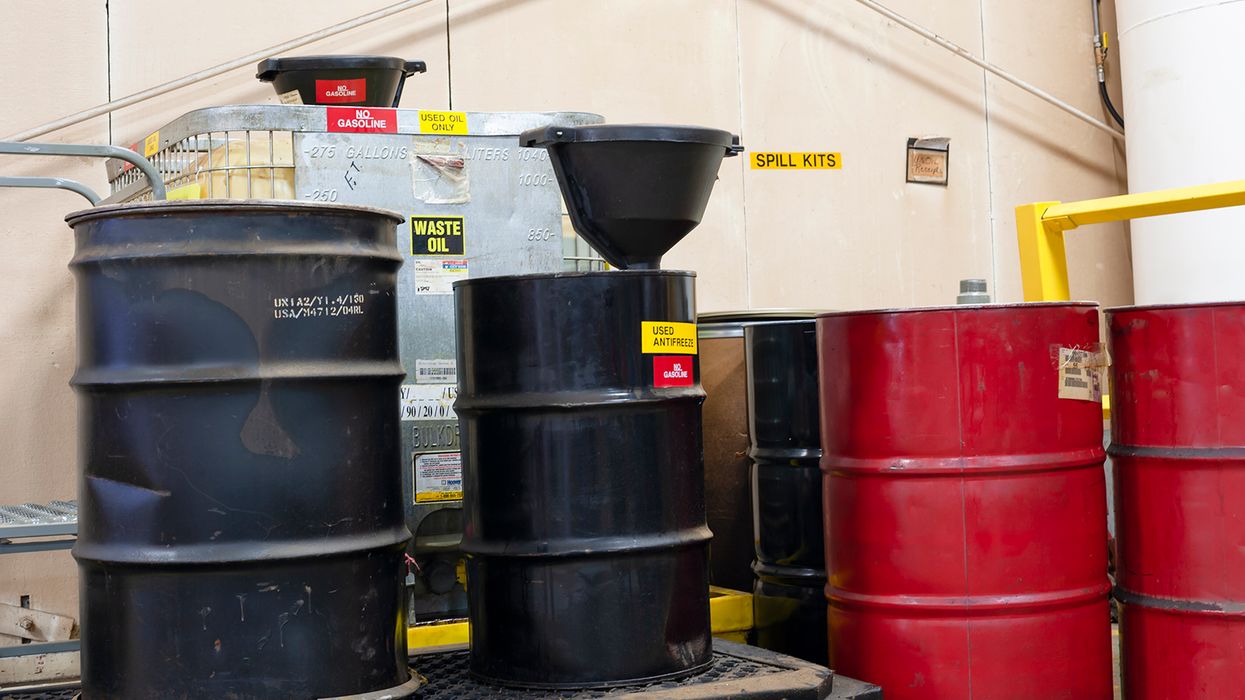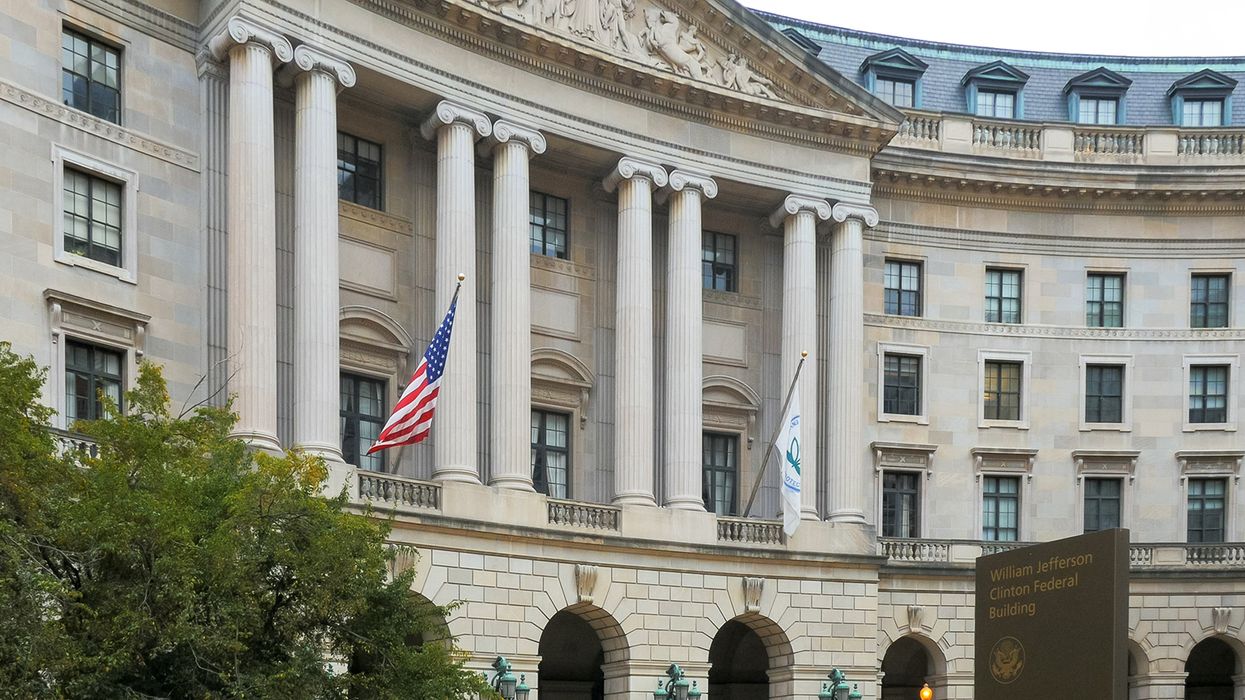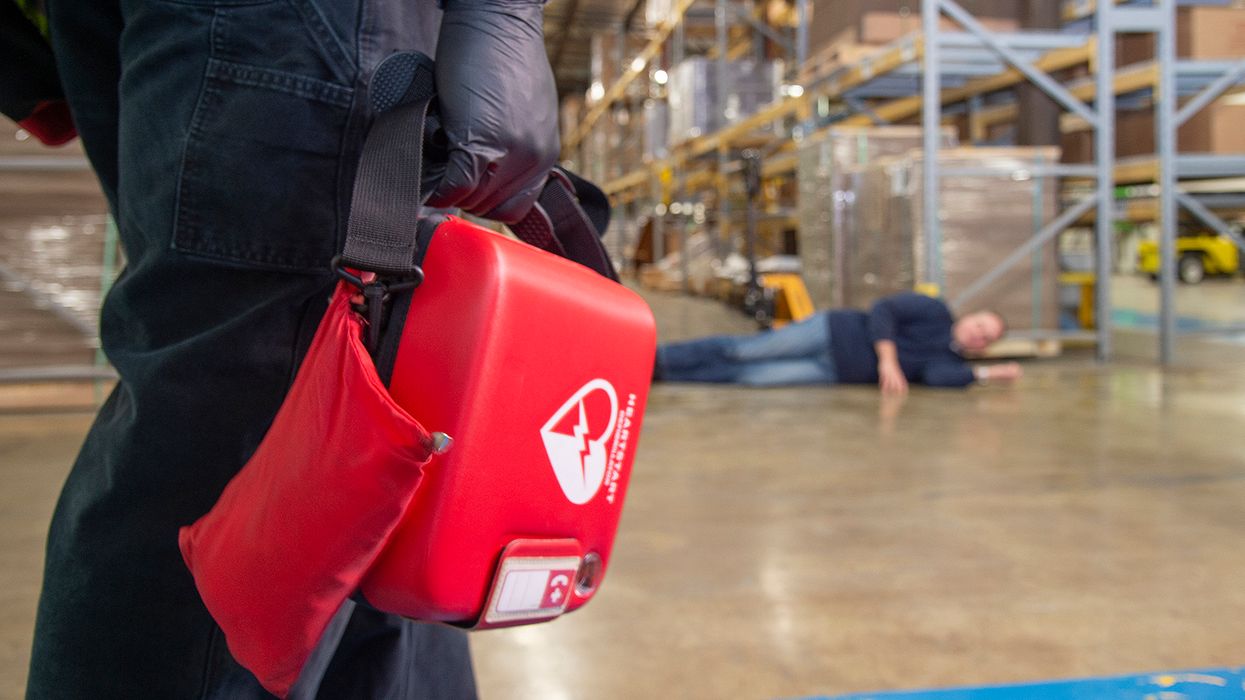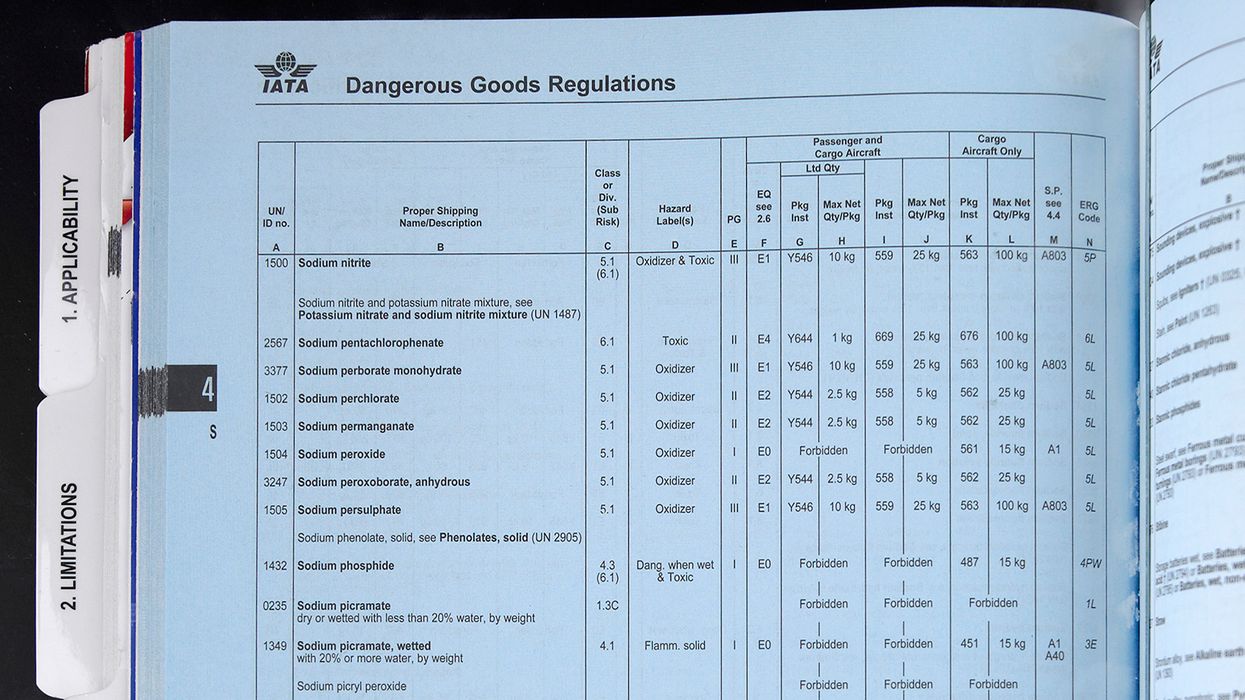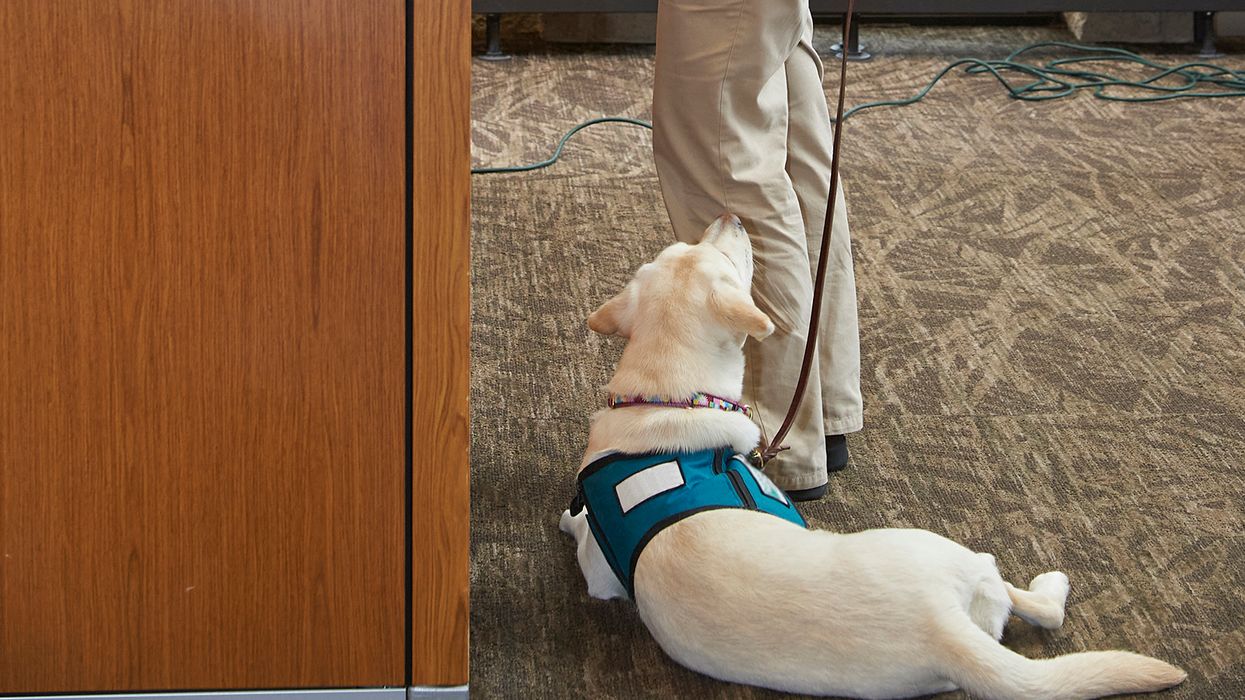Temp workers and whistleblower protection
Temporary workers are entitled to the same protections under the Occupational Safety and Health Act of 1970 (the OSH Act), which explicitly states that employers can’t retaliate against employees for engaging in protected activity. Section 11(c) of the OSH Act protects workers who report injuries and/or raise concerns to their employer, OSHA, or other government agencies about unsafe or unhealthful working conditions in the workplace.
What’s a “protected activity”?
All workers, including those on temporary assignment, have the right to raise a workplace health or safety concern to the host employer, staffing agency, or both; report an injury or illness; file an OSHA complaint; participate in an inspection; and talk to an inspector. These actions are called “protected activity.”
OSHA recommends that staffing agencies and host employers promptly report to one other any protected activity by temporary workers, and appropriately investigate and respond to such activity.
What’s considered “retaliation”?
Retaliation can include:
- Blacklisting
- Demoting
- Denying overtime or promotion
- Disciplining
- Denying benefits
- Failing to hire or rehire
- Firing or laying off
- Intimidation
- Making threats
- Reassignment to a less desirable position, including one adversely affecting prospects for promotion
- Reducing pay
Temp workers who are retaliated against for engaging in protected activity may file a complaint with OSHA against their host employer, the staffing agency, or both. The complaint must be filed within 30 days of the alleged retaliation to preserve the workers’ rights under section 11(c). No form is required, but workers must contact OSHA to report the retaliation. Workers can call federal OSHA or contact their closest OSHA area office. They also can file a complaint online via the agency’s website.
A whistleblower complaint must allege four key elements:
- The employee engaged in activity protected by the whistleblower protection law(s) (such as reporting a violation of law);
- The employer knew about, or suspected, that the employee engaged in the protected activity;
- The employer took an adverse action against the employee;
- The employee’s protected activity motivated or contributed to the adverse action.
Who’s held liable if retaliation occurs?
Both the host employer and the staffing agency may be held liable for retaliation. For example, if after a worker engages in protected activity, the host employer asks the staffing agency to remove the worker from the host’s worksite, and the staffing agency complies, both employers may be investigated to determine if either one, or both, retaliated against the employee, even if the staffing agency places the worker at another worksite.
Key to remember
Host employers and staffing agencies are jointly responsible for determining the conditions of temporary workers’ employment and for complying with the law. They both may be held accountable for violations of the law, including retaliating against workers for engaging in protected activity.
























